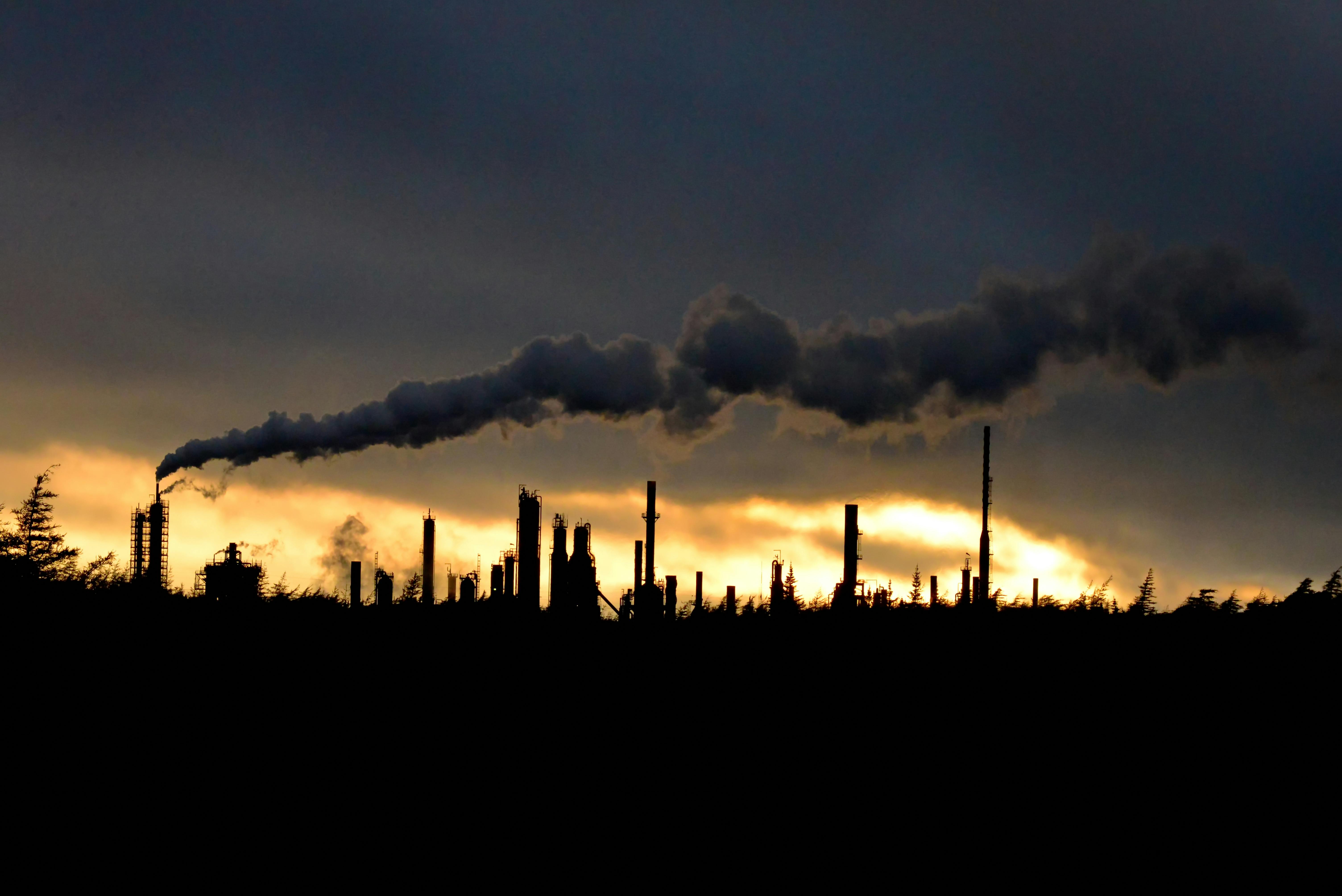Global Oil Markets In Focus: The Limits Of Trump's Plans To Counter Russia

Donald Trump’s ambitious plans to ramp up U.S. oil production and exports aim to position the United States as a dominant player in global energy markets. A key objective is to counteract Russia’s energy influence, particularly in Europe and Asia. However, the economic and geopolitical realities of global oil markets make this a daunting challenge. While Trump’s strategy could create short-term disruptions, its long-term effectiveness in undermining Russia’s dominance remains limited.
Trump’s Oil Production Goals
Trump’s energy policy focuses on maximizing domestic production and export capabilities:
Increased Domestic Production: The expansion of drilling and fracking operations has been a cornerstone of Trump’s energy agenda. By boosting U.S. output, the goal is to achieve energy independence and become a key supplier in international markets.
Revitalizing U.S. Energy Exports: The U.S. aims to compete with Russia in exporting liquefied natural gas (LNG) and crude oil to regions like Europe, where dependency on Russian energy has been a longstanding concern. Offering alternative supplies could weaken Russia’s leverage over energy-importing nations.
Russia’s Resilience in Global Oil Markets
Despite U.S. ambitions, Russia’s entrenched position in global energy markets provides significant resilience:
Diverse Customer Base: Russia has cultivated strong energy trade relationships with major economies like China, India, and Turkey. These partnerships reduce its reliance on Western markets and offer stable revenue streams even amid sanctions.
Strategic Pricing and Production Adjustments: Russia’s ability to adjust its pricing and production strategies allows it to maintain market share. Cooperation with OPEC+ has further bolstered its influence, enabling it to stabilize supply and demand dynamics globally.
Challenges of Embargoing Russian Oil
Attempting to cut Russian oil out of global markets altogether poses significant challenges:
Global Supply Chain Disruptions: Russia accounts for approximately 10-12% of global oil supply. An outright embargo could lead to severe energy shortages and skyrocketing prices, destabilizing economies worldwide.
Dependence of Key Economies on Russian Energy: Despite efforts to diversify energy sources, Europe remains partially reliant on Russian oil and gas. Developing nations also depend on affordable Russian energy, further complicating embargo efforts.
Sanction Evasion Techniques: Russia has adapted to sanctions by employing tactics such as utilizing shadow fleets and intermediaries to continue exporting oil to willing buyers.
The Broader Geopolitical Context
Energy markets are deeply intertwined with geopolitics, further complicating efforts to counter Russia:
Energy as a Geopolitical Tool: Russia leverages its energy exports to strengthen diplomatic ties with countries resistant to Western influence. This strategy helps Moscow maintain a foothold in critical regions.
Potential Backlash Against U.S. Policies: Countries dependent on Russian energy may resist aligning with U.S. objectives, potentially fracturing international coalitions against Russia. Additionally, aggressive U.S. oil strategies could strain relationships with other major oil producers in the Middle East and Asia.
Limited Impact of Trump’s Plans on Russia
Several factors limit the effectiveness of Trump’s oil strategy in undermining Russia:
Market Saturation Risks: Increased U.S. production could lead to oversupply, depressing global prices. While this might hurt high-cost producers, Russia’s cost-efficient oil infrastructure allows it to remain competitive.
Time and Investment Constraints: Scaling up U.S. production and export infrastructure to rival Russia’s output requires significant time and investment, delaying any potential impact.
Russia’s Adaptability: Moscow has demonstrated resilience by adapting to sanctions and market pressures, ensuring continuity in its energy exports.
Conclusion
While Trump’s oil ambitions could disrupt global energy dynamics, they are unlikely to significantly derail Russia’s energy dominance. Russia’s diverse customer base, strategic market positioning, and adaptability provide a strong buffer against U.S. efforts to counter its influence. Furthermore, the interconnected nature of global oil markets makes it challenging to isolate a major supplier like Russia without causing widespread economic repercussions.
For any strategy to be effective, it will require coordinated international efforts, clear long-term policies, and consideration of the broader geopolitical context. Without these elements, the impact of Trump’s plans on Russia’s energy sector is likely to remain limited.
Author: Ricardo Goulart
Copper's Comeback: Inside BHP And Lundin's Argentine Asset Acquisition
Copper, often dubbed "the metal of electrification," is experiencing a resurgence in demand due to its critical role in ... Read more
Revitalizing Commodities: How Clean Energy Is Breathing New Life Into A Stagnant Market
The commodities market, traditionally a cornerstone of investment portfolios, has experienced a decade of stagnation. Ho... Read more
European Airports Disrupted By Escalating Climate Protests
Climate activists have escalated their protests at European airports, blocking runways and causing flight disruptions in... Read more
Hungary's Russian Oil Dilemma: Why Brussels Is Cautious In Offering Support
Hungary's reliance on Russian oil has led it to seek support from Brussels to ensure continued access to this crucial en... Read more
Unveiling China's Secret Commodity Stockpiles: What Lies Ahead?
Xi Jinping's extensive reserves of grain, natural gas, and oil hint at future challenges.In a move shrouded in secrecy, ... Read more
Copper Miners Brace For Industry Overhaul As End Users Seek Direct Deals
The copper mining industry is bracing for a significant overhaul as end users, including cable manufacturers and car com... Read more

